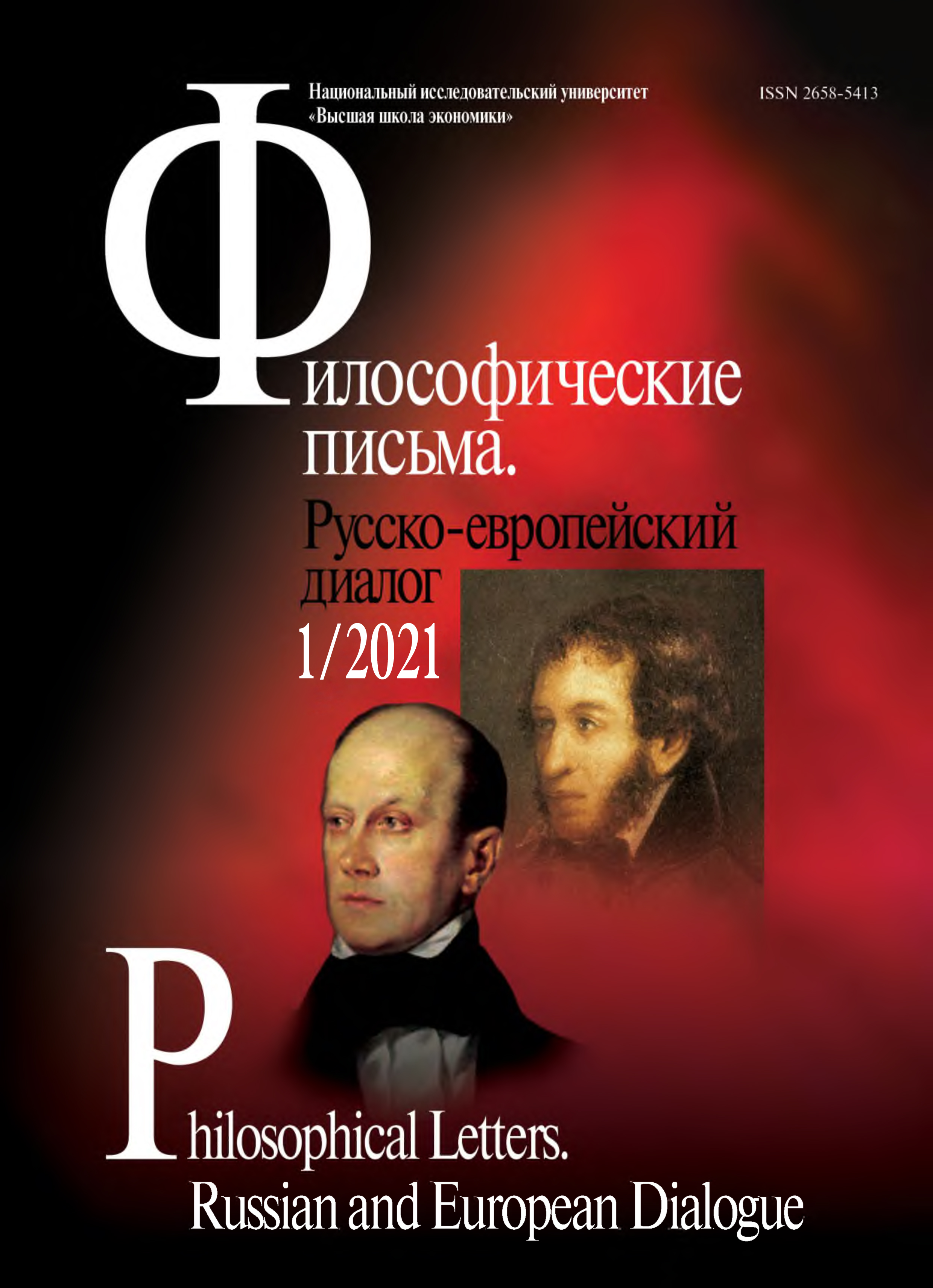The West and Russia — Different Thinking Models
Abstract
The author contrasts the values of classical humanism with the current globalist neoliberal values that dominate the ideology of the West today, where there is a conscious ‘cocktail’ of races, religions, nations, and national cultures. All of this comes into conflict with the personal culture, sovereignty and national culture of European states. The threat loomed over the viability of the entire European civilization, where a disdainful attitude to history, multiculturalism, the so-called gender neutrality (the theory of social construction), juvenile justice, etc. are deliberately implanted. Russia, having its own model of power that is distinctive from the West, as it was under Catherine the Great European Power, remained so. She is a supporter of traditional classical European values; globalism and neoliberalism do not suit her. For Russians, marriage is a union of a man and a woman. Does Russian culture have its own specificity that distinguishes it from both the European and the entire Western? The author is sure he has. This article is a Russian translation of an excerpt from the voluminous 30 printed sheets of the author’s Estonian-language book “West and Russia”, which is in print and is due to be published in March 2021.

